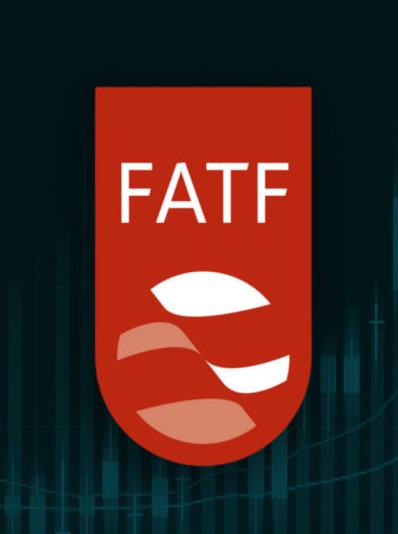Compliance Consultancy
Risk management and Consultancy firm
Contact us
info@pideeco.be
Terrorist Financing
Compliance Consultancy Financial Crime Terrorist Financing
The financing of terrorism is defined as the distribution or collection of funds, in any way, directly or indirectly, with the purpose of or knowledge that these funds will be used in full or in part by a terrorist or a terrorist organisation. Like the fight against money laundering, embargoes and the respect of international sanctions, the fight against the financing of terrorism contributes to the security and the reliance of the financial market and its actors.

In the past years we have witnessed an unprecedented increase in terrorist activities in Europe and outside. The cost of the attacks might not be high, but the maintenance of a terrorist organisation requires high flows of money. Cutting the finances of these organisations means to fight terrorism.
The European Union has taken measures against money laundering (hereafter "AML") and counter-terrorism financing by entering into force relevant legislation. In June 2018 the fifth AML Directive was published, amending the fourth AML Directive (2015). The EU regulation update gives a sense of the pressure of the European institutions to face the late cases of international money laundering schemes revealed to the public by the consortium of international journalists, but also the urgency to consider the technological evolution among financial services.

Every business has to be in line with the requirements of the law regarding the financing of terrorism. In the EU, non-compliance has severe criminal sanctions, financial impact and substantial reputational damage for the business.
How preventive terrorism mechanisms are conceived in financial industries

Flows of illicit money can damage the integrity, stability and reputation of the financial sector, and threaten the internal markets of the European Union as well as international development. Money laundering, terrorist financing and organised crime remain significant problems. Targeted and proportionate prevention of the use of the financial system for money laundering and terrorist financing is indispensable. The soundness, integrity and stability of credit and financial institutions could seriously be jeopardised by the efforts of criminals to place illegal money in the market.
In the past years we have witnessed an unprecedented increase in terrorist activities in Europe and outside. The cost of the attacks might not be high, but the maintenance of a terrorist organisation requires high flows of money. Cutting the finances of these organisations means to fight terrorism.
The European Union has taken measures against money laundering (hereafter "AML") and counter-terrorism financing by entering into force relevant legislation. In June 2018 the fifth AML Directive was published, amending the fourth AML Directive (2015). The EU regulation update gives a sense of the pressure of the European institutions to face the late cases of international money laundering schemes revealed to the public by the consortium of international journalists, but also the urgency to consider the technological evolution among financial services.
Belgium, as most of the EU member states, is a member of Financial Action Task Force (hereafter "FATF"), which is an inter-governmental body that sets standards (i.e. which countries are high risk) for the fight against money laundering and terrorist financing. The need for international level cooperation becomes urgent as the system for financing terrorism has become cross-border and more sophisticated in terms of methods used (i.e. IT tools).
In 2018, the FATF adopted an amended counter-terrorist financing operational plan. The adoption of an updated policy underlines how terrorism evolves and how important it is for countries to ensure that the financial system is not used to fund terrorist activities.
In 2018, the FATF adopted an amended counter-terrorist financing operational plan. The adoption of an updated policy underlines how terrorism evolves and how important it is for countries to ensure that the financial system is not used to fund terrorist activities.

Every business has to be in line with the requirements of the law regarding the financing of terrorism. In the EU, non-compliance has severe criminal sanctions, financial impact and substantial reputational damage for the business.
Was this service page helpful ?
Europol defines Financial Crime as "illegal acts committed by an individual or a group of individuals to obtain a financial or professional advant...
Return to financial crime
AML EWRA - How to conduct Anti-Money Laundering overall risk assessment?
The Enterprise-Wide Risk Assessment (EWRA) or Overall Risk Assessment has become a regulatory obligation from an EU and Belgian perspective for all credit institutions, stockbroking firms, licensed insurance companies and banking industries submitted to the Anti-Money ...
Read more Author What else ?






















